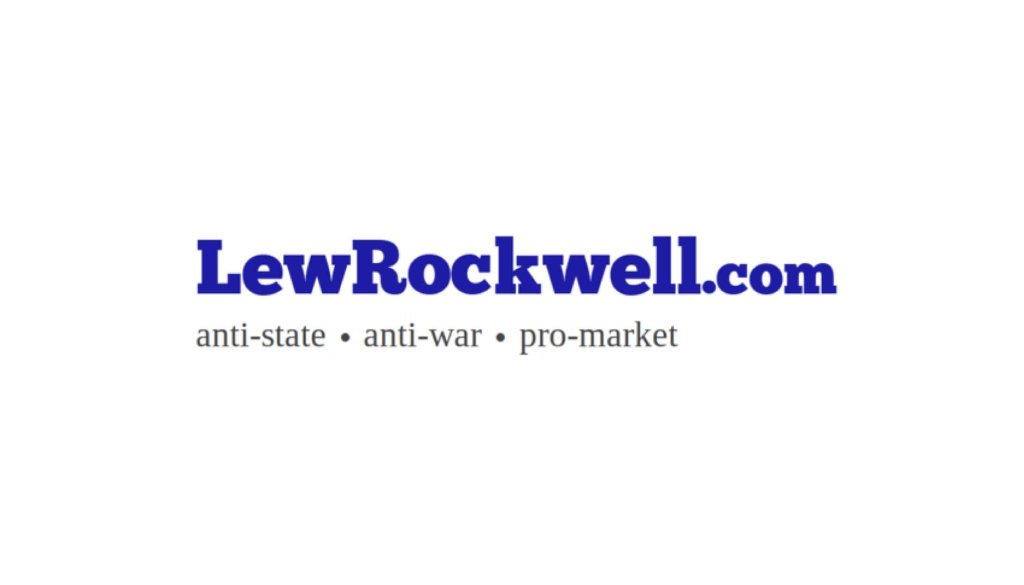The No-Win Bubble ‘Wealth Effect’: Either Way We Lose
Spoiler alert: this ends badly.
I have endeavored to explain how our economy has changed dramatically over the past 50 years beneath the surface. Nothing that’s going to happen in the future will make sense unless we understand this, so refill your beverage of choice and let’s go through what changed.
Wages gained ground 1945 – 1975, and lost ground 1975 – 2025. In the “glorious 30” (Trente Glorieuses) years of sustained global growth 1945 – 1975, wages’ share of the economy remained around 50% of the nation’s income. As the economy expanded, wages increased in step with the economy.
Since the mid-1970s, that trend has reversed. Wages have lost ground for the past 50 years. As the economy expanded, wages’ share declined, meaning the economy’s gains flowed to capital rather than wages. (Chart #1 below)
This wealth transfer was non-trivial: $150 trillion was siphoned from wages to owners of capital.
As the chart below shows, Federal debt as a percentage of GDP declined in the the decades of organic growth, meaning the economy expanded from increases in productivity, efficiencies and resource extraction, as opposed to the synthetic growth of using debt / financialization to boost consumption.
Financialization took off in the 1980s as unlimited credit for financiers enabled a synthetic boom of corporate takeovers and mergers. Financialization expanded into every nook and cranny of the economy in the 1990s and 2000s, so that assets such as the family home became commoditized assets that cou
Article from LewRockwell

LewRockwell.com is a libertarian website that publishes articles, essays, and blog posts advocating for minimal government, free markets, and individual liberty. The site was founded by Lew Rockwell, an American libertarian political commentator, activist, and former congressional staffer. The website often features content that is critical of mainstream politics, state intervention, and foreign policy, among other topics. It is a platform frequently used to disseminate Austrian economics, a school of economic thought that is popular among some libertarians.




